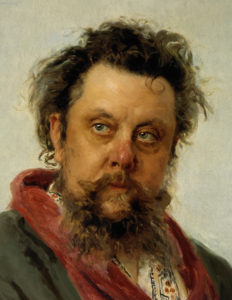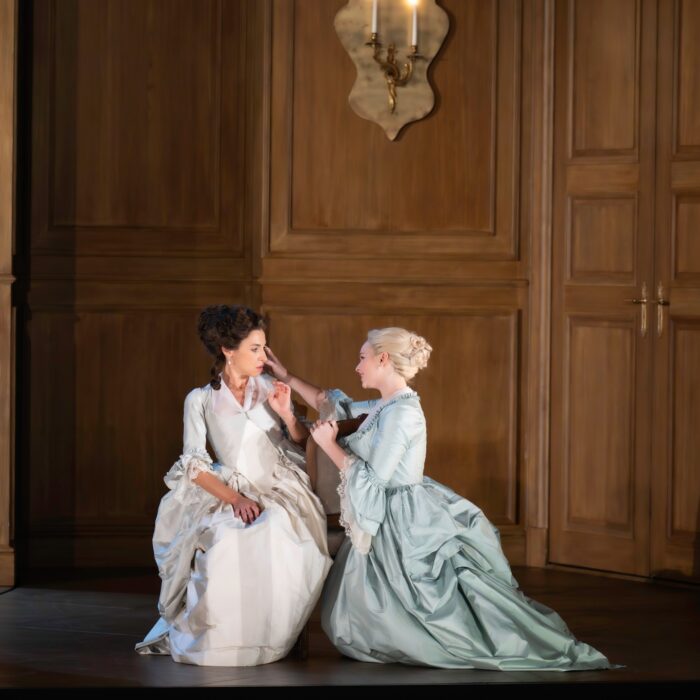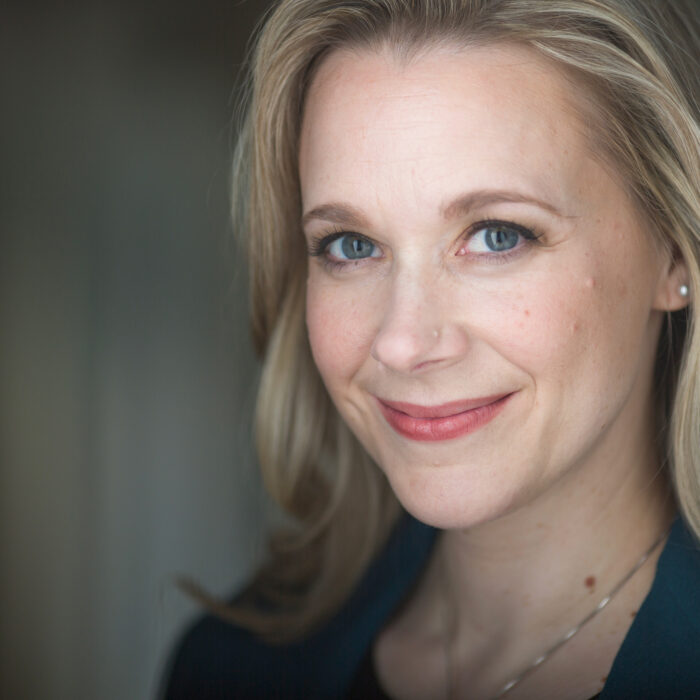
A Look At Modest Mussorgsky’s Other Unfinished Operas
By David SalazarWe all know about “Boris Godunov.” Mussorgsky’s opera is one of the towering achievements of the operatic art form, even if there are continued concerns over which performance practice to adhere to.
But Mussorgsky’s operatic output did not start and end with “Boris Godunov.” Nor was that the only one of his operas to face massive treatment in other hands. In fact, most of his operas remained unfinished by the time of his death in 1881.
Mussorgsky, born on March 21, 1839, started work on his first opera “Han of Iceland” in 1856 but never went anywhere with it. His follow-up, “Oedipus in Athens,” which he started in 1858 and completed in 1861, was also unfinished.
The same happened with “Salammbo,” which he started but never finished. The opera would get a premiere in 1983 after Zoltán Peskó took it upon himself to complete what was left of the work.
“Zhenitba” was never on the unfinished opera’s list. Though the composer did deliver performances of the work in his lifetime, Rimsky-Korsakov applied his own touches to the work in later years.
We see the same exact thing with Mussorgsky’s other famous opera “Khovanshchina.” The composer’s five-act work was left unfinished by the time of his death and Rimsky-Korsakov completed, revised and re-scored the work. His work was exhaustive in this version, much in the vein of his work on “Boris Godunov.” For this reason, we see “Khovanshchina” get similar treatment to “Godunov,” which many major composers, including “Shostakovich,” “Stravinsky” and “Ravel,” creating their own versions of the work. “Shostakovich’s” version remains the most commonly performed in modern times.
As you might expect, Mussorgsky’s final opera “The Fair at Sorochyntsi” endured the same exact fate with five different versions coming in the wake of the composer’s death. Mussorgsky started the work in 1874 and worked on it through 1880. Revisions for the work have come from César Cui, Nikolai Tcherepnin, Nikolai Golovanov, Vissarion Shebalin and Emil Cooper. Other composers that contributed to this work in some way include Anatoly Lyadov, Vyacheslav Karatygin, Vladimir Senilov, Yury Sakhnovsky and, of course, Rimsky-Korsakov.


